Societal Human Values Series # 4
Tibetan Emperor Songtsen Gampo, (Srong-brtsan-sgam-po), reigned 629-650 CE. Among his many achievements, he promoted a moral code known as the Sixteen Principles of Societal Human Values (mi chos gtsang ma bcu drug). As the Dalai Lama’s translator, Thupten Jingpa writes, “Most of these sixteen values have to do with promoting greater societal well-being and living one’s life with dignity, honesty, and respect for others.”
Phakchok Rinpoche frequently emphasizes the importance of living respectfully in society. He encourages students to memorize and internalize these points of conduct as a core foundation for our practice of the Dharma. If we don’t hold this moral code well, then whatever higher practices we engage in will be unlikely to bear much fruit.
This is the fourth in a series of explanations of these sixteen principles.
Principle #4 Showing Respect to the Learned (yön ten chen la zhé tong yö pa)
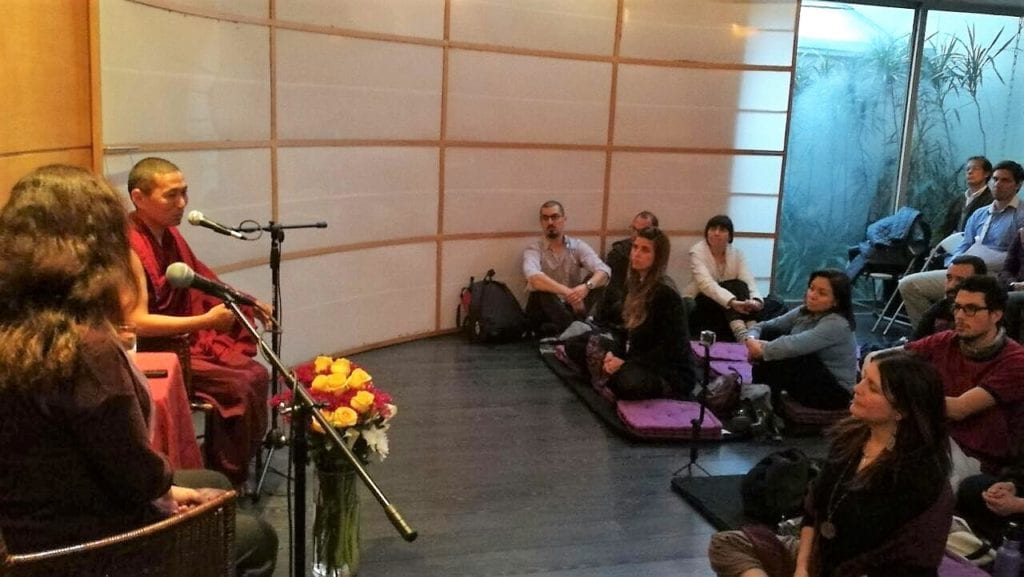
Emperor Songsten Gampo proclaimed that if people were to cultivate an attitude of respect toward those “who possess qualities”, great benefit for all would arise. This Tibetan phrase is often translated as “learned,” but there’s more to it than that. Wisdom harvested from long experience and study might be a more expansive way to put it in English, and this kind of “quality” is on its face both evident in those who possess it and intrinsically worthy of respect. In these times of extreme skepticism and pervasive distrust, this particular value of respect for the learned may strike us as quaint or antiquated. This is likely because for the most part we fancy ourselves sufficiently smart nowadays to figure things out without any need for experts or their advice. In our disdain for expertise we might prefer instead to crowdsource, and consult the internet for advice; led by an algorithm, we pay only scant attention to the qualifications — or lack thereof — of those whose opinions we encounter.
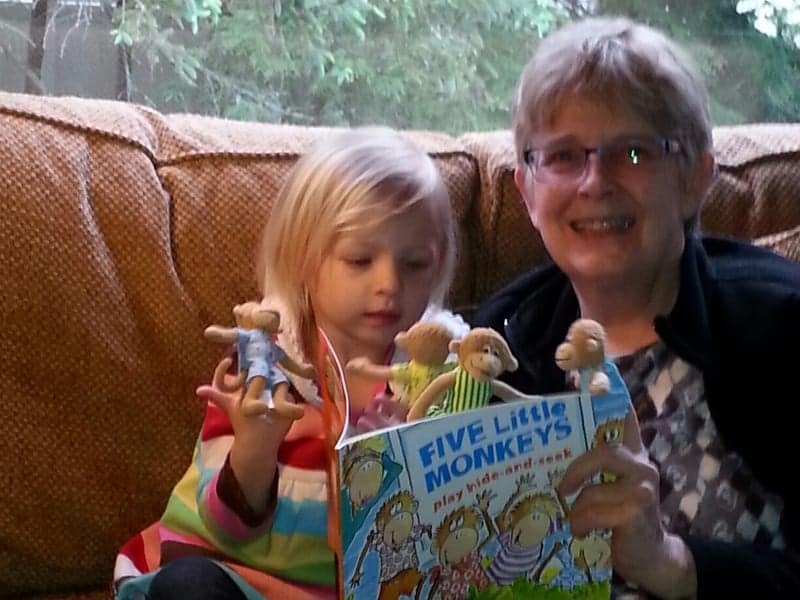
But the truth is that no matter how smart we think we are, we arrived in the world knowing nothing. If we take a moment to reflect on our own lives we cannot help but see that a great deal of what we know came to us not from our brilliance but rather through the kindness of others whose knowledge and wisdom exceeded our own. From what to eat and how to dress ourselves to how to read and how to count, basic knowledge of the world is now ours only because someone with more experience and less ignorance was kind enough and patient enough to have spent time teaching us those skills. In considering the extent of our debt to such teachers, it’s not hard to see how other peoples’ learning and experience are true respect-worthy excellences that continuously benefit ourselves and others.
Avoid Misinformation
On the other hand, we ought not just blindly trust anyone who claims to have something to teach us! In fact we owe it to ourselves to ask questions and challenge authority, to examine arguments with logic, and to check sources for accuracy. Otherwise we put ourselves at risk of being led astray. Another risky proposition is being swayed by the crowd. Just because something is popular, for example, doesn’t mean that it’s of high quality, and, likewise, just because an idea is popular doesn’t mean it’s true. If we assume that because a majority of people believe something is the case, it is in fact the case, we may find ourselves in trouble. Misinformation and mistaken or unwarranted assumptions — forms of ignorance — drive bad decision-making. In our always-on information age we immerse ourselves in a ceaseless bombardment of opinions disguised as truth, and, in our susceptibility to confirmation bias, we often prefer not to question or check anything with which we agree. In light of this, the fact that we laugh at what we see as the gullibility of other people with respect to their preferred conspiracy theories, (those outside our own biases,) is itself actually quite funny. We may not be as wise as we’d like to imagine about how well we vet our own sources of information.
This is not a new problem. History brims with examples of terrible mistakes arising from faulty perceptions based on misinformation, disinformation, or foolish speculation and rumor. And the considered opinions of true expertise are not rigid or fixed, for the most part, and by nature are always subject to change as new data become available. Willingness to alter one’s views in the face of new evidence is the hallmark of reason, after all. Think of the advances in medicine, physics and technology, to name just a few fields; all of these advances arose from careful reasoning. Understand that change is part of the learning process, and being open to new ideas is crucial for growth. This is how expertise is developed in the first place: through long study and deep experience, through checking and re-checking and checking again. Expertise does not come easily.
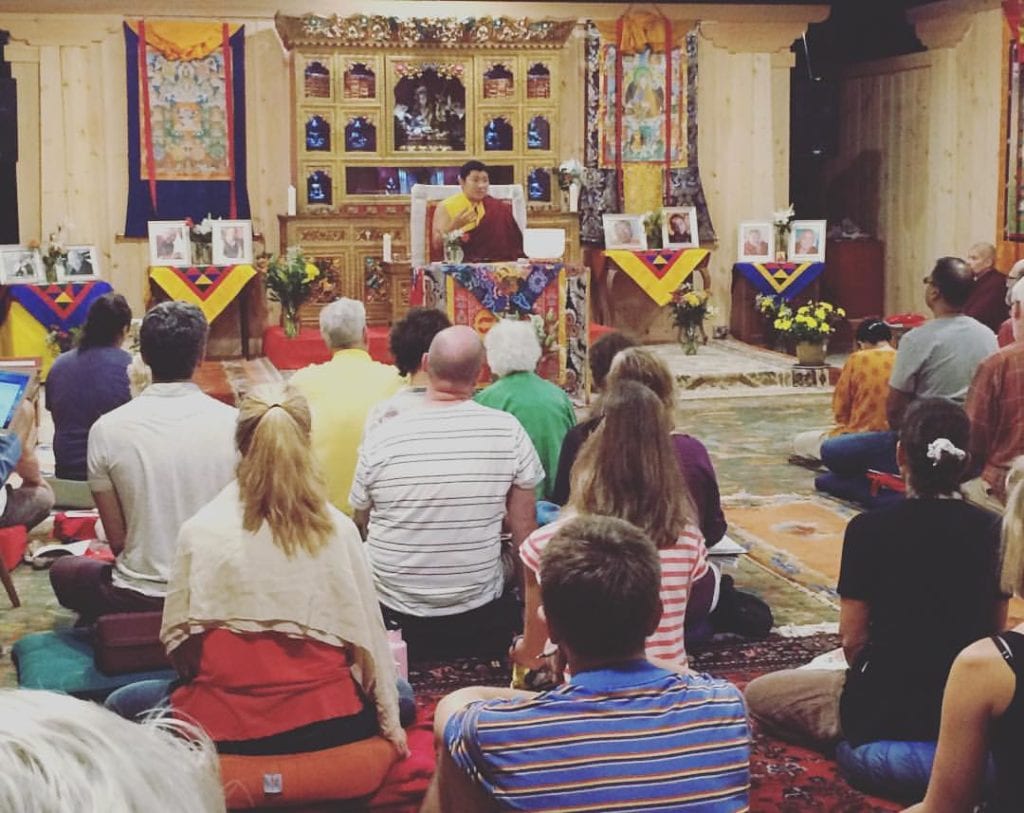
Our own best chance for improvement arises when we unstintingly acknowledge the accomplishments of those who came before us and when we submit our training to supportive mentors. Ignoring this is like building a house on quicksand.
Certainly it’s within our power to limit ourselves to believing only what we directly experience. But in taking that path we severely impede our own learning process. If we choose instead to benefit from the experiences and learning of others, we will avoid pitfalls and sidetracks and move more confidently through life. Often the most effective progress arises from analysis of our mistakes and failures. Similarly, when a learned and seasoned teacher shares the failures or mistakes that have marked their own progress, we can learn from their negative experiences as well. If we close ourselves off from the accumulated wisdom and experience of others and insist instead on an individualistic approach in all things, our road ahead is certain to be much rockier than necessary. To be stuck on accepting solely our own direct experience as a basis for what is true is like believing the earth is flat because it looks flat to us from where we stand, and we haven’t actually been in orbit ourselves. A person with wisdom based on learning and experience, on the other hand, can see that the earth is not flat without needing to ascend to orbit! So we must check to see if a teacher or a giver of information has these qualities; if such are present, we can rely upon that person as if they were our own eyes.
Remaining Humble and Reducing Pride
If we remain humble and show gratitude toward those who teach us what they know, then our learning will be continuous and we’ll reach the full extent of our own potential. Simply put, pride before a teacher blinds the student. We can and should question our teachers, of course, and push for transparency. We can and should check to see if a teacher’s conduct and teaching are in harmony or not — this is the truest accountability. But we should as a general practice appreciate and respect those who have not only put in the time to develop such qualities, but who persevere in doing so. And we can make the effort to seek out those people in order to absorb the wisdom of their experience. If we respectfully ask an expert or learned individual for help, they will more often than not be happy to share — this willing response is also part of what we mean when we say they “possess qualities”. People are generous with those who have genuine interest — so don’t be afraid to approach someone with greater experience. Sometimes we are too self-conscious and feel too shy or embarrassed to ask for help. But if we approach someone with an honest desire to learn, we may be happily surprised at their delight in our interest and at their eagerness to engage with us.
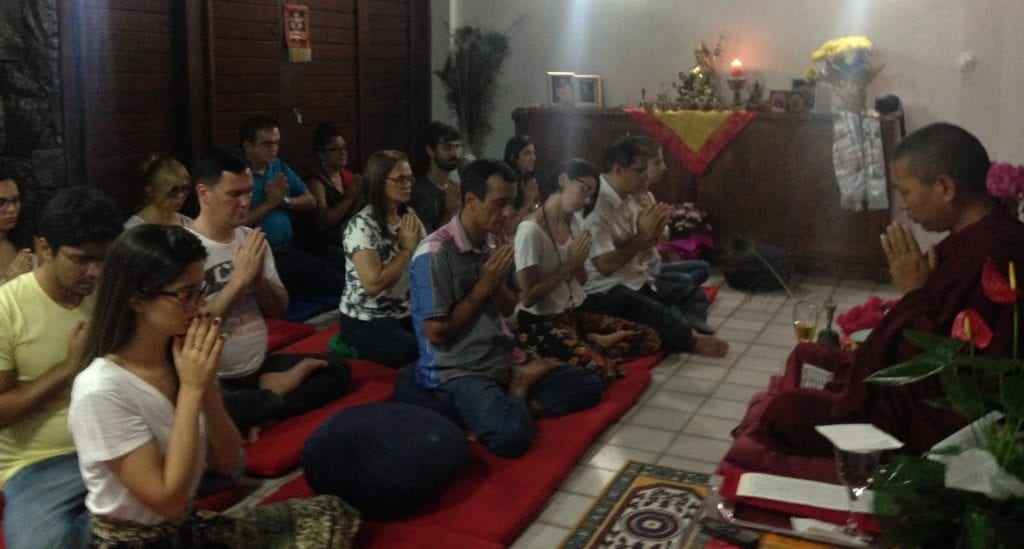
Our respect for those who are more knowledgeable than ourselves can also help us manage our own pride. If we can’t admit that many others have more abundant experience or deeper training than us, then — let’s face it — we are fooling ourselves. There is dignity in carefully recognizing what we do not know, and then in seeking to learn from those with the qualities that arise automatically from learning and experience. If instead we think we have nothing to learn, that no one has anything to teach us, and that we are sufficient to ourselves, we will be following our arrogance in place of a teacher and will lose our way entirely.
Ask Questions and Remain Open
When we seek knowledge, we are in a state of openness. In this frame of mind we take the time to ask questions of those who, through countless hours, have mastered a skill or thoroughly encompassed a subject. When we do that, we benefit from their experience. If we want to learn to cook, studying with someone who actually cooks will help us a great deal more than talking with a friend who never uses her stove. And studying with a master chef will help us even more. We may cook well ourselves, but if we can remain open to those who have something new to teach us, then our skills will grow ever sharper. If we think we already know everything, on the other hand, we won’t give ourselves the opportunity to grow. We’ll be like the vain scholar at the Zen master’s for tea.
Respecting the Learned Can Open Our Minds

When we respect the learned by studying their work and opinions and asking both them and us difficult questions, everyone benefits. As we study and spend time absorbing the views of experts, we may open our minds to new possibilities. If we assume that we know everything, on the other hand, how could we be anything other than narrow-minded and uninformed? It helps to bear in mind that we can learn from many different types of people; the truth is that everyone knows something we don’t! An expert mechanic can teach us how to maintain our vehicles, while the person next door with the perfect garden might teach us how to have a greener thumb. A learned scholar can introduce us to new ways of understanding the world. All bring value to our lives! And in terms of how others perceive us, it is important to remember that a know-it-all has few friends.
Showing Respect to the Learned on the Spiritual Path
As we practice the precious Buddhadharma, we automatically acknowledge that we can learn from those with more experience. As practitioners in an ancient lineage, we find ourselves in a direct stream of benefit from the wisdom of not only the great masters of the past but also those who have practised the path for longer than we have — we learn from our sangha friends. All Buddhist schools emphasize the value of the “virtuous spiritual friend” (kalyanamitra) who knows more than we do. Such people can teach us basic principles, offer us advice on the practices, and by their very presence provide us support.
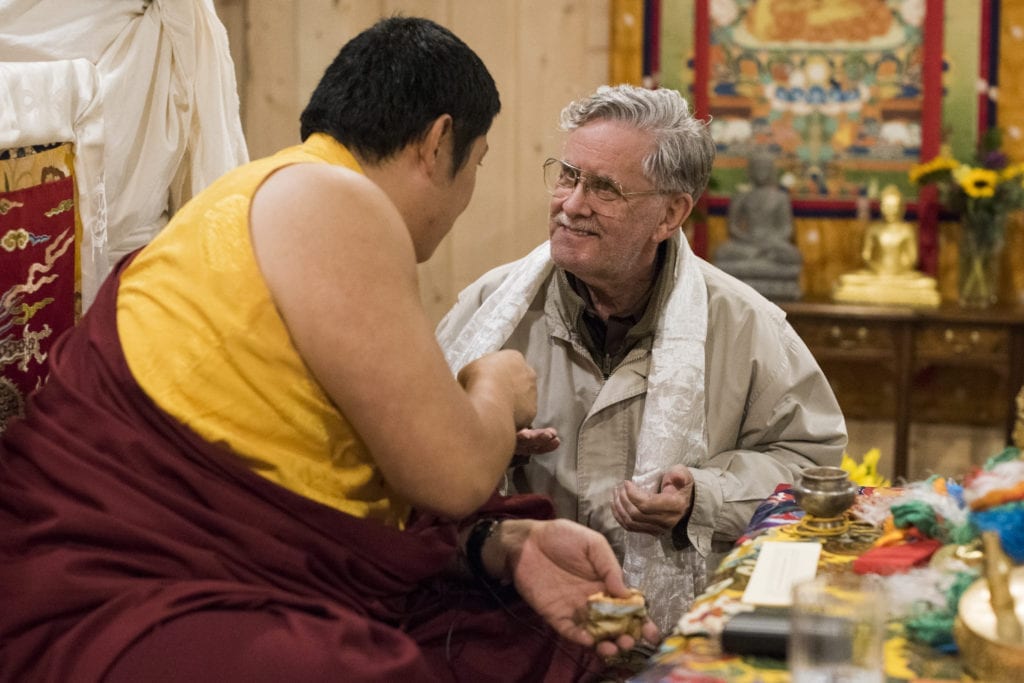
And as we ourselves gain more experience, we’ll need to turn to more experienced teachers who “possess qualities” in the context of the dharma. In the Tibetan Buddhist vajrayana tradition, we acknowledge the importance of the lama or guru whose guidance is indispensable for further progress on the path. (In fact, the word ‘lama’ means ‘heavy with qualities.’) We know that if we are to achieve awakening ourselves, we must rely on the kindness and blessings of an experienced and realized guide who is already awake. And if we have already cultivated the habit of respecting our teachers, elders and learned individuals, this step on the path, the commitment to the guru, becomes much easier to make.
Seeking Out Those with Qualities: Training Exercises
Consider “people who possess qualities” that you already know or can easily encounter. Someone you see regularly may have studied a particular subject or trade very intensively.
What might you learn from that person if you take the time to ask questions? How could listening to someone who has studied a subject seriously give you a different perspective on something where you lack knowledge?
Is there someone in your life now that has taught you something valuable? How can you repay that kindness?
Please share with us your answers to these questions or your own reflections on showing respect in the comment section below.


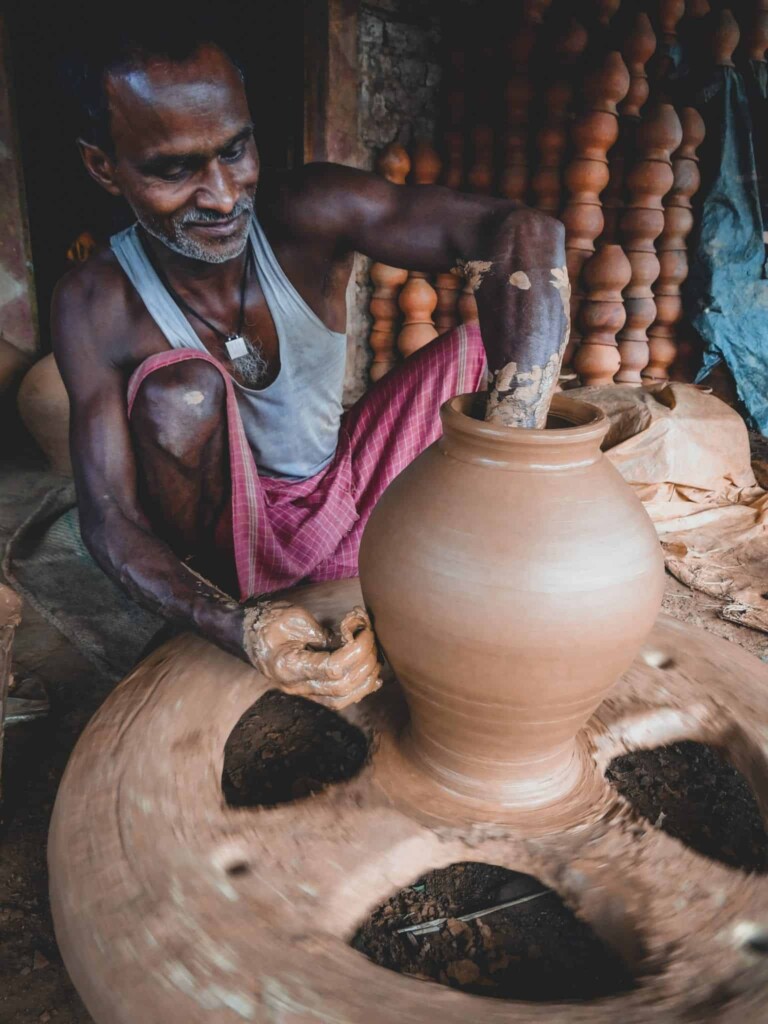

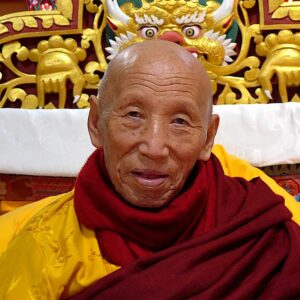





Responses